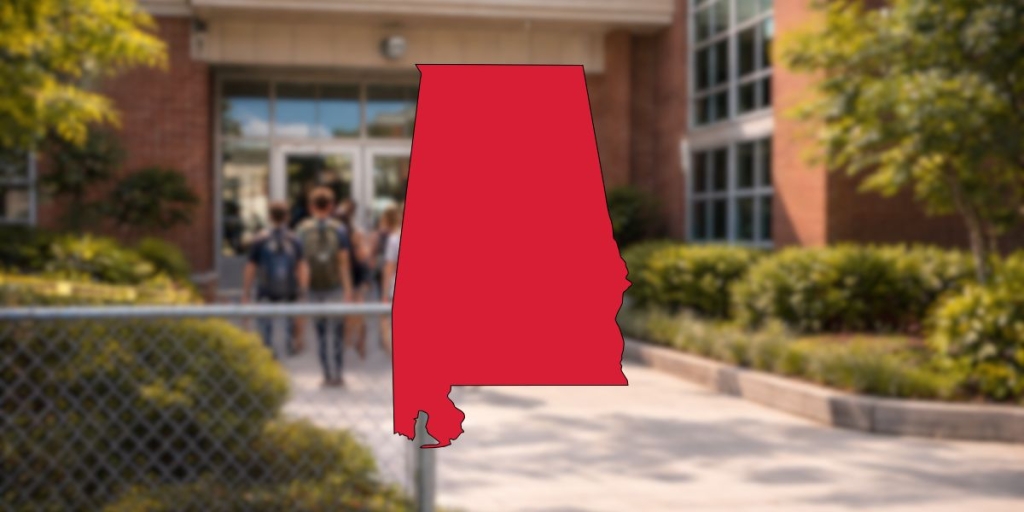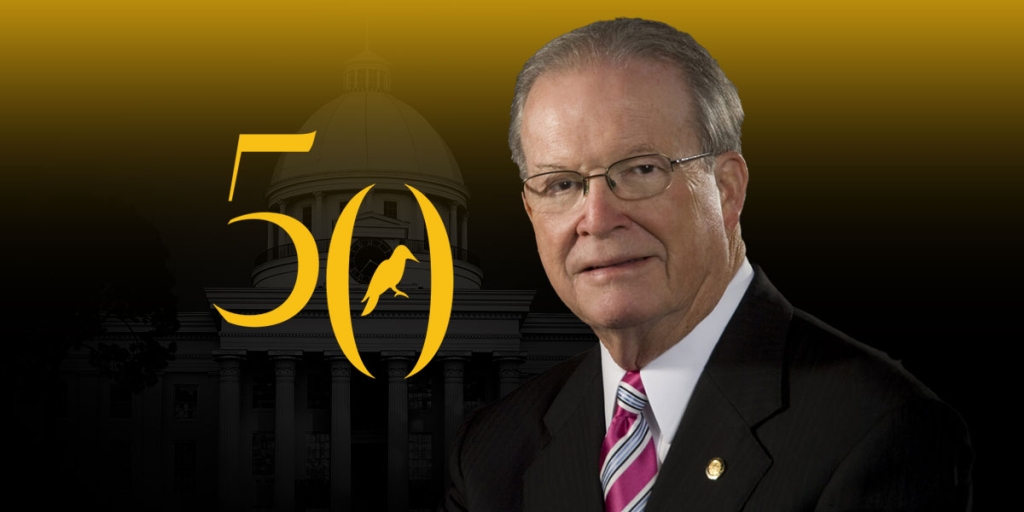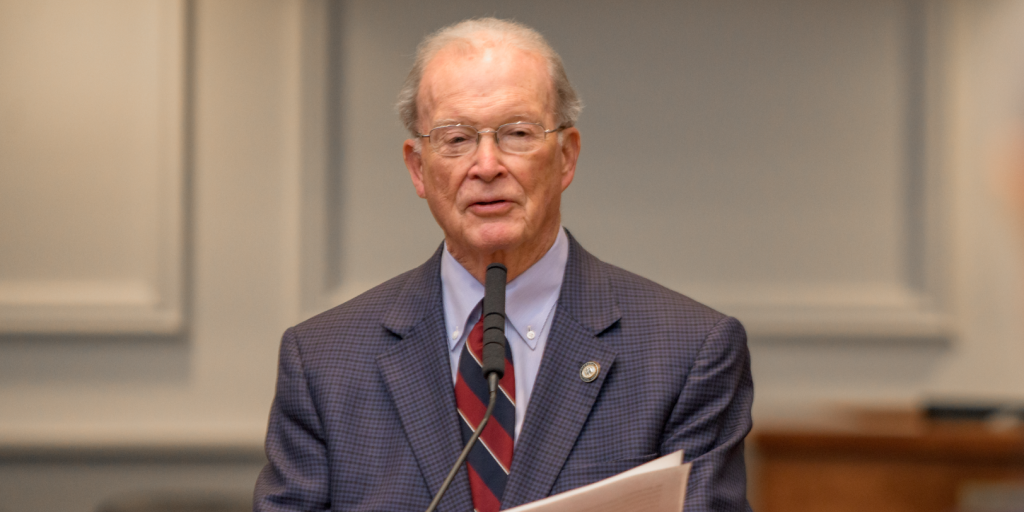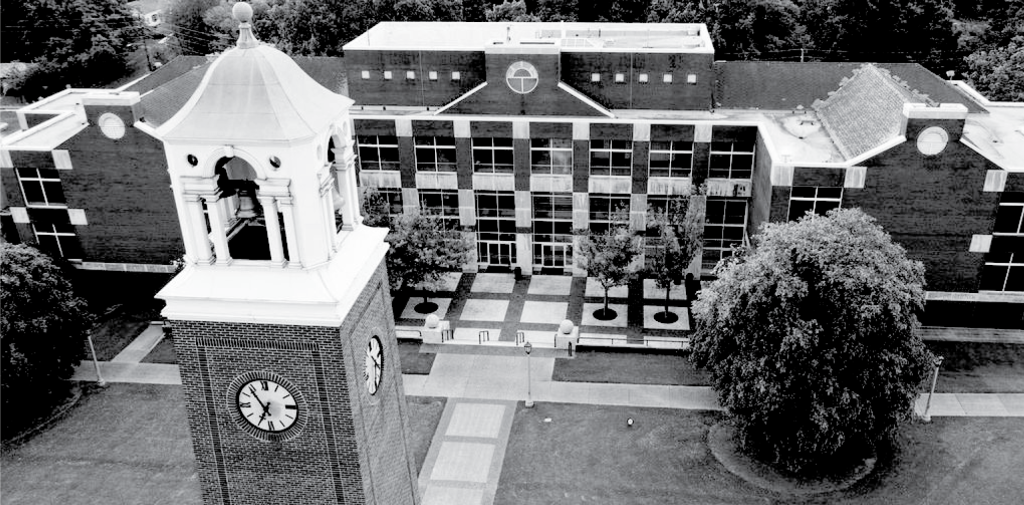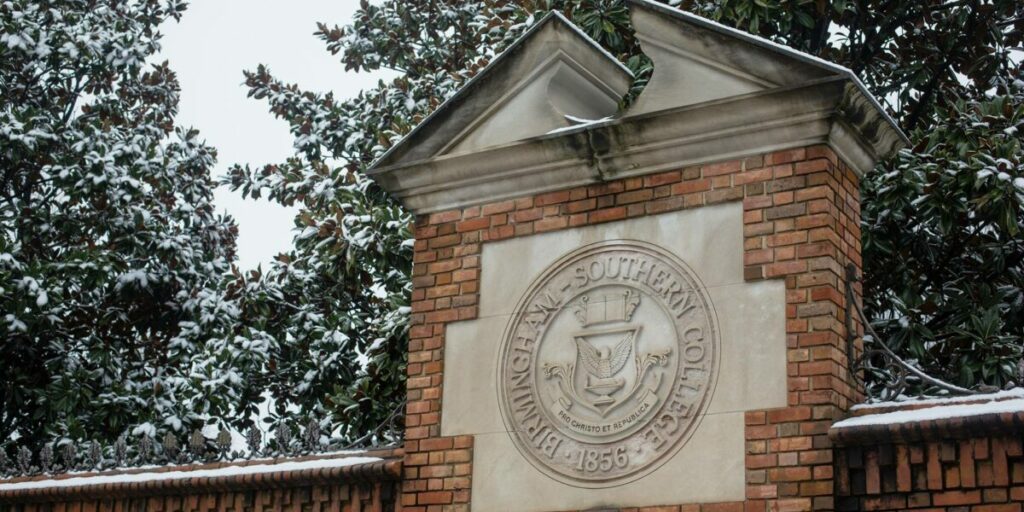The Alabama Legislature passed a bill that could rescue Birmingham-Southern College and other financially strained colleges in the state.
The Distressed Institutions of Higher Education Revolving Loan Program Fund to provide temporary aid awaits Gov. Kay Ivey’s signature after approval from the Senate and House.
Proposed by Sen. Jabo Waggoner (R-Vestavia Hills), the idea received strong approval from lawmakers and is backed by a bipartisan effort from Waggoner and Sen. Rodger Smitherman (D-Birmingham). Jefferson County legislators have been fighting for Birmingham-Southern, a private liberal arts college that has grappled with severe financial issues and a potential closure.
After a streak of bad news, Birmingham-Southern administrators informed students last month about the school remaining open, attributing hopefulness to this bill.
House members representing Jefferson County, including Rep. Juandalynn Givan (D-Birmingham) who represents the B-SC campus in her district, pushed for the bill last Thursday.
“We received notification from Birmingham-Southern that they were in dire straits and the institution was about to close,” Givan said. “As a result, we began a process to come up with some type of financial assistance if there was any to be given, in doing so today, but not only for Birmingham-Southern, but also to address any other issues that impact other institutions that may have financial problems.”
According to the bill, to qualify for a loan, an institution – any public or private college or
university in Alabama – must have been in operation in Alabama for more than 50 years, have a substantial impact on its local community, and be in danger of closing due to financial distress. It must continue operations, commit to fundraising efforts during the loan period, and have assets to pledge as collateral.
The State Treasurer will be in charge of determining total loan amounts, repayment interest rates, and disbursement timings. The state will also conduct yearly audits of loan recipients to evaluate their financial health.
“It’s important we realize today we are not voting today to make a loan,” Rep. Danny Garrett (R-Trussville) said. “What we have done rather, is set up a vehicle, a program for institutions that are important to our state that have the ability to provide collateral, to help them through.
“That structure will allow the decision to be made by the State Treasurer, whether we move forward with the loan. The treasurer, who is a former banker, a very astute banker, a Stanford University graduate, will be actually negotiating what the terms would be.”
The funding for the loan program will originate from a state budget allocation, with all repayments re-entering the fund for future applications.
Rep. David Faulker (R-Mountain Brook) applauded the conservative and effective process through which financial assistance could be made available.
“I think the way this is done, the fact this is a fund that makes loans to distressed schools and universities, and I believe that may have been Chairman Garrett and Senator Waggoner, and your creation. I think this was done in a positive manner. And I appreciate that,” Faulkner said.
“This bill is not authorizing any money, it’s not authorizing any loan. It’s simply allowing a loan to be made if the Treasurer approves it.”
Those bringing the bill emphasized that the fund is not an outright gift but a loan process with stringent safeguards and penalties for non-repayment. They stressed that the process would ensure transparency and accountability and would require collateral.
Numerous lawmakers supporting the bill also think of universities they represent who could benefit. Namely, Sen. Smitherman has been an advocate for similar measures for Stillman College.
For Rep. Laura Hall (D-Huntsville), that’s Athens State University.
“The situation is very much like this one today,” Hall said. “The enrollment dropped, they had no students, they had four new dormitories, and they were in a lot of debt.
“They raised the tuition to sustain what they said would be sufficient operating income. 131 years, I think they’ve been in existence.”
An amendment by Rep. Matt Simpson (R-Daphne) added a sunset in 2027 at the end of the current treasurer’s tenure, pending reauthorization by the Legislature.
He cleared up some confusion on the topic from Rep. John Rogers (D-Birmingham)
“It’s like buying a house: You get a mortgage for a house, that mortgage is what they pay you that day,” Simpson said. “They don’t pay you over 30 years, you have to pay the mortgage company back over 30 years.”
“I’m glad you found a creative way to get the money,” Rogers said.
Grayson Everett is a staff writer for Yellowhammer News. You can follow him on Twitter @Grayson270 for coverage of the 2023 legislative session.





